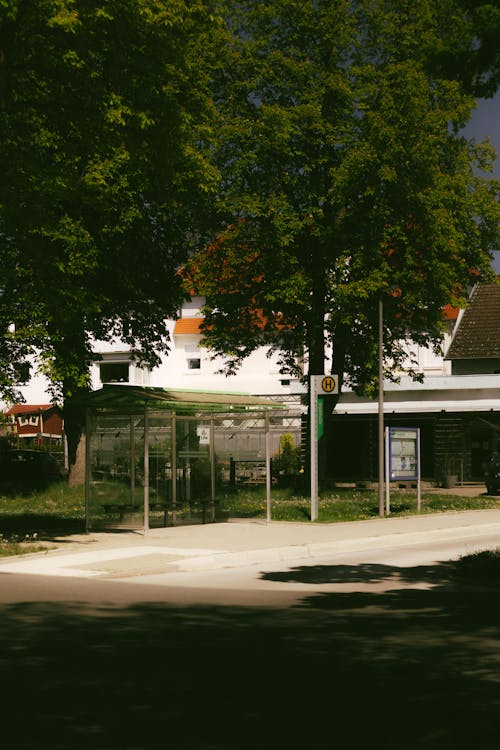Q2 Real Estate Trends: How Rent Managers Can Stay Ahead in 2025
The real estate industry is known for its cycles, but 2025 is proving to be particularly dynamic. As we enter the second quarter, rent managers across the Philippines must pivot with precision. From changing tenant preferences to emerging tech and economic shifts, staying ahead of trends is not just an advantage—it's a necessity.
This blog explores the key real estate trends shaping Q2 2025 and how rent managers can strategically prepare for the months ahead.
1. Rising Demand for Flexible Leasing Options
Gone are the days when tenants were willing to sign long-term leases without question. In Q2, there’s a visible shift toward flexible leasing, especially in urban hubs like Metro Manila, Cebu, and Davao.
Why this matters:
Post-pandemic work styles, frequent job transitions, and lifestyle changes are influencing this shift. Many tenants want options that accommodate career mobility or family transitions.
Action steps for rent managers:
-
Offer 6-month or even 3-month lease terms.
-
Provide lease-to-own pathways or early exit clauses with reasonable fees.
-
Clearly market flexible options online to attract this tenant segment.

2. Technology Integration is No Longer Optional
Digital adoption in property management isn’t just a “nice-to-have” anymore—it's expected. From virtual tours to automated rent payment systems, tenants are drawn to properties that make their lives easier.
Key tools to consider:
-
Property management apps for bookings and maintenance requests.
-
Smart locks and security integrations for added tenant safety.
-
Chatbots or virtual assistants for handling basic inquiries.
Pro tip: Invest in platforms that are easy for both tenants and property owners to use. Tech should simplify—not complicate—daily operations.
3. Sustainability is a Top Consideration
Eco-conscious tenants are influencing property decisions more than ever. Whether it's because of rising utility costs or climate concerns, there’s a growing demand for sustainable living solutions.
Q2 green trend highlights:
-
Solar panels and rainwater harvesting are highly attractive features.
-
Energy-efficient appliances and LED lighting boost a property's value.
-
Green certifications (like BERDE or EDGE) offer a strong marketing edge.
How to prepare: Start small. Consider upgrading older appliances or offering recycling programs. Market these upgrades in your listings as value-added features.
4. Increased Interest in Suburban and Out-of-City Rentals
While Metro Manila remains the economic center, there's been a noticeable spike in interest in suburban rentals and locations with better quality of life. Think: Cavite, Laguna, Batangas, Bulacan, and parts of Rizal.
What’s behind the trend?
-
Remote and hybrid work setups allow professionals to live farther from office hubs.
-
Lower rent, more space, and less traffic appeal to young families and retirees.
Tips for rent managers:
-
Invest in marketing for properties located outside major cities.
-
Highlight unique selling points: “10 minutes from nature parks,” “Quiet neighborhood, perfect for remote workers,” etc.
-
Be ready to assist with virtual viewings and flexible schedules.

5. Tenant Retention is More Valuable Than Ever
Acquiring new tenants costs more than keeping current ones. Q2 brings more competition among rent managers and property owners, so tenant retention strategies are key.
Retention strategies to implement:
-
Offer loyalty discounts for tenants who renew their lease.
-
Respond quickly to maintenance requests.
-
Send occasional perks—like holiday gift baskets or rental anniversary thank-yous.
Bonus: Make communication personal. Use the tenant's name in messages and remember special occasions. A little goes a long way.
6. Government Policies and Incentives to Watch
The government is pushing for more affordable housing projects and rental regulations. Programs under the Department of Human Settlements and Urban Development (DHSUD) may impact rent rates, tax benefits, and infrastructure development.
Keep an eye on:
-
Rent control guidelines or adjustments for lower-income renters.
-
New housing projects in provincial areas.
-
Barangay-level initiatives to boost local property development.
Be proactive: Attend LGU briefings or webinars, and stay updated on policy shifts that could affect your property portfolio.

7. Short-Term Rentals: Legal but Still Tricky
Short-term rentals like Airbnb continue to be popular, but regulations are tightening in several LGUs.
What's trending:
-
Many cities now require short-term rental registration.
-
Some condos or subdivisions restrict these setups entirely.
What you can do:
-
Know the rules in your area—don’t assume it’s allowed.
-
If possible, create a dual listing model: short-term in peak seasons, long-term otherwise.
-
Highlight legal compliance and safety features to attract responsible guests.
Final Thoughts
Q2 is full of opportunities, but only for rent managers willing to adapt. By embracing flexibility, going green, integrating tech, and nurturing tenant relationships, you’ll not just survive this quarter—you’ll thrive.
Keep this in mind: Trends are signals, not rules. Use them to guide smart decisions while staying true to your management style and values.
Here’s to a profitable and progressive second quarter!




